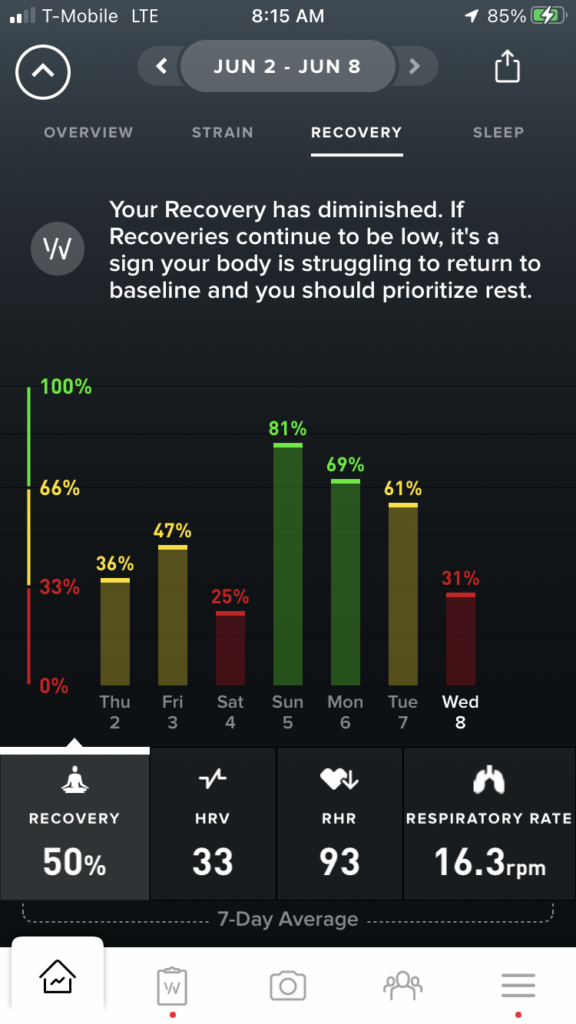A well dressed, tall, friendly looking white gentleman tried to join me on an otherwise empty blue velvet couch that I had deliberately planted myself in the middle of to avoid socializing. All that was missing was a “closed for business” sign around my neck.
I had attempted to tell him “no actually this seat is taken.” I was confused he didn’t immediately pick up on my body language. I had spread my entire body across the couch and had intensely “don’t come here” body language. I had my purse down to take up more space. I laid my hand with my wedding ring on my knee so it’s instantly visible. He didn’t pick up a single visual cue. I tried verbal. I literally shouted at him that no he wasn’t welcome to join me. “This seat is taken!” Didn’t make a difference.
I don’t think he could hear me as he sat down and tried to strike up a conversation despite his obvious discomfort clinging to the edge of the couch with half a butt cheek in mid air. He tried a few lines of conversation as I doggedly ignored him. I started a tweet and angled my phone screen towards him so he could see me typing complaints. Didn’t help at all.
I really had done everything I could to claim this space as my own. The couch was directly beneath an air vent trying to push cooler air into the crowded house bar. It was as hot inside the bar as it was outside but this one area had modestly more airflow making the summer heat at least breathable.
Which is to say it was over 100 degrees inside the old house. The Rainey Street bars in Austin are all converted old historical houses with wide open full floor windows and open doors to allow people to enjoy backyards with twinkling lights and hipster backyard games. These bars are a cultural treasure in March for SXSW when everyone enjoys the mild 70 degree early spring. In June during a heatwave they are a hellscape for yuppies who have simply forgotten how to socialize like normal human beings.
I was engaging in some incredibly rude behavior yes, but the bar has no other visible seating near an air vent and even the 5 degrees of lowered temperature and the moving air helped a little. I was wearing loose comfortable clothing but it was still intolerable. I regretted not sourcing a wheelchair for the week but then again none of these houses are accessible anyway. It was the only spot in the entire bar where I could even attempt to mitigate the effects of my invisible disability.
I could feel my spine starting to swell within minutes. Ankylosis is a winter disease. Heat and humidity swell the spine and that pain will radiate out to a kind of ambient full body throbbing intensity that cannot easily be ignored.
Actually, pain is just like the heat in that way. It overtakes your willpower slowly but inexorably. Quietly it makes itself known like the stillness of Joseph Conrad’s Jungle.
“And this stillness of life did not in the least resemble a peace. It was the stillness of an implacable force brooding over an inscrutable intention. It looked at you with a vengeful aspect.”
Joseph Conrad “Heart of Darkness”
The amount of determination you have to play mind-over-matter games is simply a fight against time. Eventually you get tired from the effort. You pray you don’t let it take you to the dark places it took Kurtz. But you know one day it could take you too.
Eventually my husband came back. He’d been searching for a bathroom and our hosts for the evening. The yuppie next to me pretended to ignore him. He sat for another two minutes or so just to give the impression he’s weirdly close proximity to me was on purpose as a resting place and not at all an attempt to strike up a conversation with a woman who did not want to talk. A tactic we’ve all used once or twice to conceal a social faux we didn’t mean to commit.
Alex and I used to attend parties like this all the time. We were aggressively on the circuit for both tech and media events for well over a decade. He used to produce TechCrunch Disrupt in a long distant past before he transitioned into being an operator at early stage startups. Then those startups matured to established companies. And now it’s become clear we are established professionals.
We no longer need the social circuit. Networking has lost its payouts. More people want to meet us and ask for things than the other way around. We’ve made it. And it’s a good thing too as the social contract is breaking down all around us. Yuppies have forgotten their manners as we are all out of practice with the basic niceties of the social season. Everything from how we approach someone to begin a conversation to whom we may invite to a private event is now fraught. Hell I can’t even remember how to apply professional makeup anymore so I can’t look down on a man looking to chat. We’ve all lost some of our humanity over the pandemic.
And I find myself mumbling “the horror, the horror” as I walk myself back to the hotel because the streets won’t allow taxis in the downtown core. The transition from soft times to whatever comes next is full of unexpected surprises.

